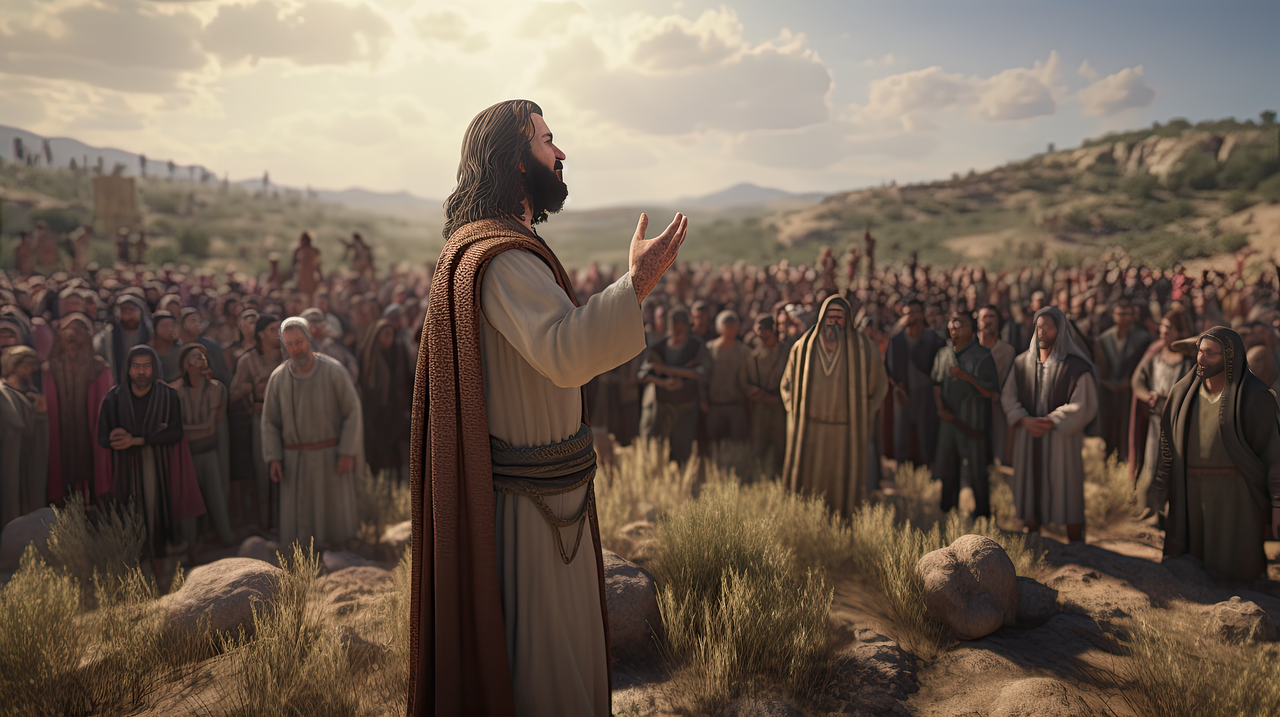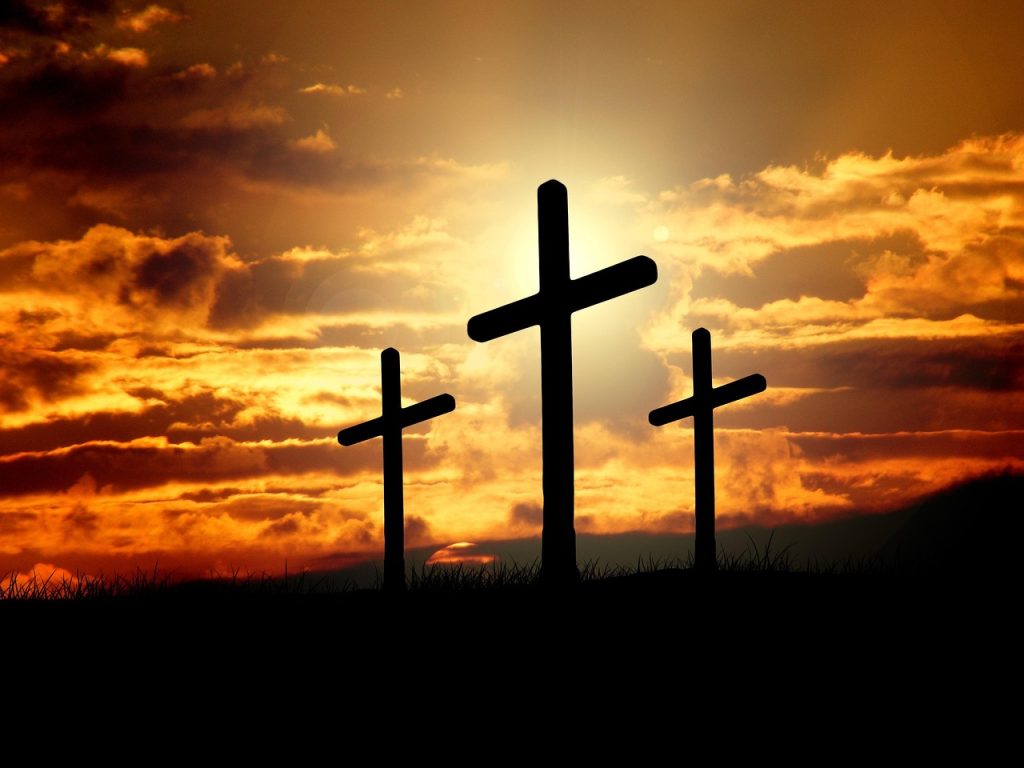
Freedom. It’s a word we hear often—especially when you’re stuck in an office, watching the clock tick toward another pointless meeting. Yet, what does true freedom and responsibility really mean, especially for those of us who’ve spent years trading our time for a steady paycheck?
True Freedom and Responsibility: Beyond the Corporate Cage
For most of my life, I thought freedom meant having options. I could take a vacation, buy a new car, or switch jobs if things got bad. However, as I moved deeper into my career, I saw these perks for what they were: golden handcuffs. The true freedom and responsibility I wanted wasn’t about more choices inside the system. Instead, it was about stepping outside of it.
True freedom and responsibility means living authentically. It’s making choices that match your values and accepting what comes with those choices. Not only is it about knowing your freedom ends where someone else’s begins, but it’s also about understanding the boundaries that make society work. This lesson is as old as civilization. When you realize that your actions ripple outwards, you start to see freedom not as a solo act, but as a shared dance with everyone around you.
The Christian Roots of True Freedom and Responsibility
You don’t need to be religious to see the wisdom in Christian teachings about true freedom and responsibility. Many values that shape Western society—personal accountability, respect for others, and community—come from Christian roots. For example, free will is a key idea. In Christian thought, free will isn’t a license to act without care. Rather, it’s a call to choose wisely, knowing your actions have real effects.
The Apostle Paul said, “You, my brothers and sisters, were called to be free. But do not use your freedom to indulge the flesh; rather, serve one another humbly in love” (Galatians 5:13, NIV). In other words, true freedom and responsibility go hand in hand. This isn’t just a spiritual message; it’s a practical one. If everyone only looked out for themselves, society would collapse into chaos. Instead, the Christian tradition insists that freedom is only meaningful when it’s used to serve others and build up the community.
The Sermon on the Mount goes even further. Jesus taught principles that became the foundation of Western civilization: love your neighbor, turn the other cheek, go the extra mile, and treat others as you want to be treated. These are not just spiritual ideals. They are practical rules for a society where freedom balances with responsibility. The Golden Rule, “Do to others as you would have them do to you” (Matthew 7:12), appears in many legal systems and ethical codes. You can read the full Sermon on the Mount for more context.
Let’s Be Grateful For These Foundations
It’s easy to take these values for granted if you’ve grown up in the Western world. We’re surrounded by unspoken rules, social contracts, and legal protections that reflect centuries of Christian influence. However, step outside this cultural bubble, and you’ll quickly see how rare these foundations are. In many parts of the world, the idea that every person has inherent dignity, or that the powerful should be held accountable, is not a given. The freedom to speak your mind, to start a business, or to challenge authority can be dangerous or even impossible. We should feel grateful for the privilege of living in a society where these values are woven into daily life. This gratitude should inspire us not only to protect these freedoms but also to use them wisely and responsibly.
Without a shared commitment to respect and responsibility, society falls apart. Relying on governments or corporations to care for us forever is a shaky plan. Instead, embracing these values helps us build a stronger, more resilient community. When we recognize the roots of our freedoms, we can better appreciate the responsibility that comes with them.
Stories of Breaking Free: True Freedom and Responsibility in Action
Paul Millerd, once a McKinsey consultant, left his corporate job to work independently and write. He didn’t just leave a big salary. He chose a life where he was responsible for his own success and failure. Paul says, “Freedom is not the absence of constraints, but the ability to choose your constraints.” Taking responsibility for his time, income, and purpose was both scary and freeing. His story shows the power of true freedom and responsibility. You can read more in Why I Quit My Job to Work for Myself.
Pamela Slim left her corporate training job to help others start their own businesses. She believes true freedom isn’t about escaping work. It’s about choosing work that matters and being accountable for its impact. Her book, Escape from Cubicle Nation, has inspired many to take the leap and build businesses that help their communities. If you want to learn more about her approach, visit Pamela Slim’s About page.
These stories remind us that freedom is not just about leaving something behind. It’s about moving toward a life where you own your choices and their consequences. Both Paul and Pamela show that stepping into independence means embracing uncertainty, but it also means gaining the power to shape your own future. Their journeys highlight how true freedom and responsibility are inseparable.
Building a Self-Reliant Society
Why does this matter for middle-aged professionals like us? The world is changing. Pensions are shrinking. Job security is a myth. The old promise of “work hard, retire happy” is fading. If we want a future under our control—not just for ourselves, but for our families and communities—we need to reclaim true freedom and responsibility.
This means embracing independence. Start a solo venture, a small business, or another form of self-employment. With freedom comes the responsibility to manage risks, contribute to society, and respect others’ freedoms. This is more than a personal choice. It’s a cultural shift that could redefine success in our time.
Moreover, when more people take this path, society becomes stronger. Small businesses and solo ventures create resilience. They spread opportunity and reduce the risks that come from relying on a few big employers or government programs. As more professionals choose independence, they set an example for the next generation. They show that it’s possible to live by your values, take responsibility, and still thrive.

Conclusion
Freedom without responsibility leads to chaos. However, when you ground your independence in values—Christian teachings, personal philosophy, or simple common sense—you create the conditions for real fulfillment.
If you feel trapped by the corporate grind, remember: true freedom and responsibility isn’t about escaping responsibility. It’s about choosing it, owning it, and using it to build something better—for yourself and for those around you.
Share your plans below, connect via Contact Me, or post this on Medium or other social media to inspire others.
The courage to claim your freedom—and the responsibility that comes with it—might just be the spark that lights a new path for you and for our civilization.
No responses yet